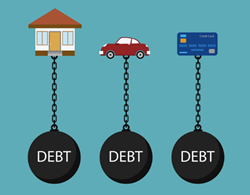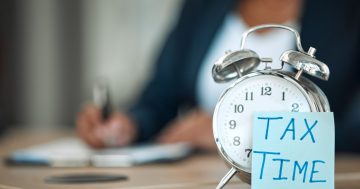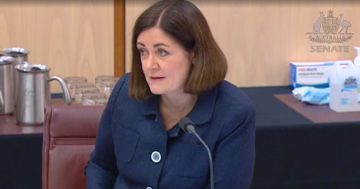Dan Rafter* says that if you have multiple debts, paying them down in the wrong order could cost you extra money.
 If you’ve resolved to pay off your debt, that’s good.
If you’ve resolved to pay off your debt, that’s good.
But how do you determine which debts to pay off first?
The answer can be different for everyone.
Here are some factors to consider when deciding which debts to attack first.
When to attack unsecured, high-interest debts first
For most people, it makes sense to attack the highest-interest debts first.
These are usually unsecured debts such as credit cards and personal loans.
With an unsecured debt, there is nothing for the lender to repossess if you don’t make payments.
Student loans are another example of an unsecured debt, but they generally don’t come with sky-high interest rates.
You’ll save more money by paying down a $5,000 credit card balance at 18 per cent interest than you will a student loan with an interest rate of just 4.5 per cent.
Debt with higher interest rates grows much faster.
If you only make the minimum payments on your credit cards, it could take you years, and loads of interest, to pay them off in full.
But sometimes you’ll hear different advice.
Namely, some experts say you should pay off cards with the lowest balances first, even if they don’t necessarily have the highest interest rates.
The theory is that paying off a debt in full provides an emotional lift that can inspire you to continue attacking your other debts.
This is commonly referred to as the “debt snowball” method.
It isn’t the approach that will save you the most money — but it may still be the best choice if it helps you stay motivated and therefore ensures you don’t give up before you’ve paid off all your debts.
If you know you need small victories to stay motivated, the debt snowball method may be right for you.
When to attack secured debts first
Secured debt is tied to some kind of asset.
Your car loan, for instance, is secured by your car.
If you don’t make the payments on this loan, your lender can repossess your car.
Your mortgage loan is secured by your home.
If you stop making payments on your mortgage, your lender could foreclose on your house.
If you fall behind on your credit card payments, the financial institution behind the card can’t seize any of your assets.
It can hit you with late payment penalties, of course, and cause your credit score to plummet.
Debt collectors can even garnish a portion of your wages if you fall far enough behind in payments and they win a court judgment against you.
But that’s not as bad as losing the roof over your head or the vehicle you need to get to work.
If you are extremely behind on mortgage or auto loan payments and worried about defaulting, make those payments your priority, even if the interest rates on these loans are much lower than those on your credit cards.
It may not be the cheapest method of paying back debts, but it’s better than losing the roof over your head.
* Dan Rafter is the Managing Editor of the United States Law Bulletin Magazine and Editor of the Midwest Real Estate News.
This article first appeared at www.wisebread.com.











